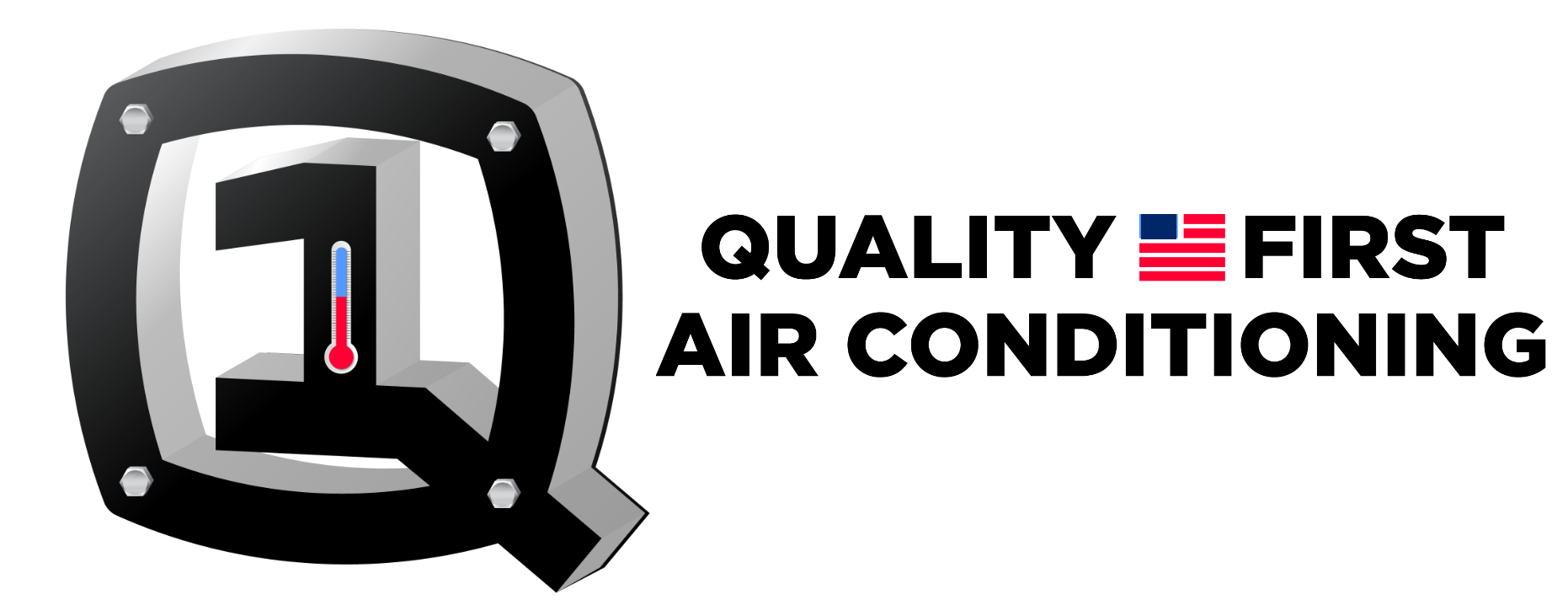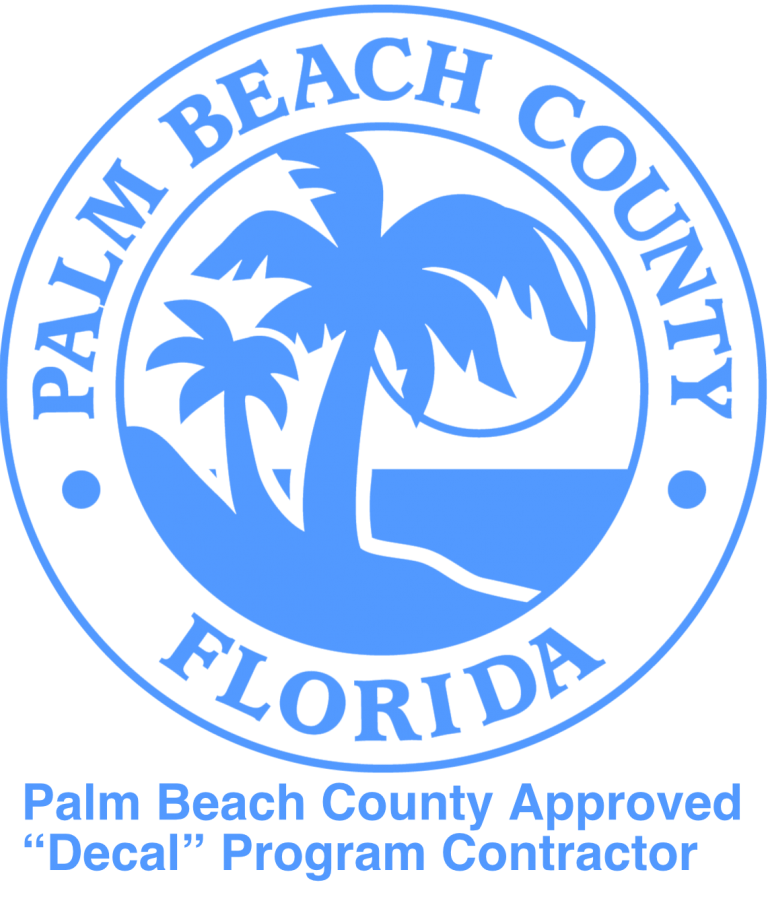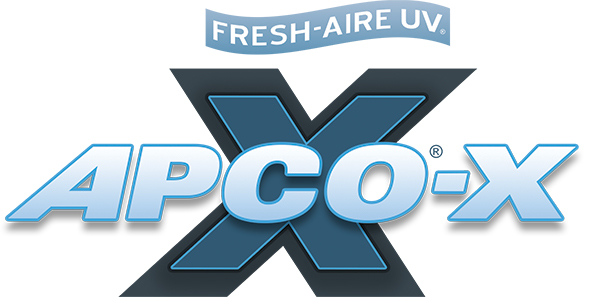Is your home feeling more like a sauna than a sanctuary? It might be time for a new air conditioner. Knowing when to upgrade can save you from sweltering in the summer heat or shivering through winter. In this guide, we’ll unveil the signs that indicate it’s time to bid farewell to your old AC and welcome a new, efficient cooling system into your life.
If you’re tired of frequent breakdowns, rising energy bills, and inconsistent cooling, it could be your air conditioner waving the white flag. Stay tuned as we reveal the telltale signals that scream, “It’s time for a new AC!” EOL (—)
Key Takeaways

-
Recognize Signs Early: Pay attention to unusual noises, frequent repairs, and inconsistent cooling as signs that your air conditioner may need replacement.
-
Address Underlying Problems: Don’t just fix the symptoms; address underlying issues like poor airflow or refrigerant leaks to ensure long-term efficiency.
-
Consider Lifespan: Understand that most air conditioners last 10-15 years, so if yours is approaching this age, start planning for a replacement.
-
Time Wisely: Plan your AC replacement during off-peak seasons to avoid discomfort and take advantage of potential discounts or promotions.
-
Enjoy Benefits: A new air conditioner offers improved energy efficiency, better indoor air quality, and enhanced comfort, making it a worthwhile investment.
-
Regular Maintenance: Keep your new air conditioner running smoothly by scheduling regular maintenance checks and cleaning filters to prolong its lifespan.
Recognizing the Need for Replacement
Excessive Noise
Listen for any loud banging or screeching sounds. These noises can indicate underlying issues with the air conditioner’s components. Check for loose belts or rattling pipes, which may require immediate attention to prevent further damage. Consider a failing motor as a possible cause of the disruptive noises, signaling the need for replacement.
Unpleasant Smells
Identify musty or moldy odors when the AC is on. Such odors could be a sign of mold or mildew growth within the system. Be cautious of potential bacteria or fungus growth, which can compromise indoor air quality and pose health risks. Addressing these unpleasant smells promptly is crucial to prevent further contamination and ensure a healthy living environment.
Performance Decline
Notice if the unit struggles to maintain desired temperatures. This decline in performance could indicate issues with the air conditioner’s efficiency. Seek expert inspection and repair for slow performance to identify and address any underlying problems effectively. Ensure the AC blows cool air effectively to maintain comfort levels indoors.
Coil Issues
Watch out for frozen outdoor condenser coils, which can impede the air conditioner’s cooling capacity. Frozen coils are often caused by restricted airflow or refrigerant leaks. Consider a refrigerant leak as a possible cause of coil issues, leading to inadequate cooling performance. Prevent compressor burnout due to blocked coils by addressing these issues promptly through professional maintenance.
Overheating
Monitor if the AC continuously runs without cooling as expected. Continuous operation without adequate cooling may indicate mechanical failure or low coolant levels. Check for signs of overheating and address them promptly to prevent further damage to the air conditioning system. Regular maintenance and timely repairs can help avoid costly replacements in such situations.
Underlying Issues and Concerns
Uneven Cooling
Identify temperature imbalances by noticing different temperatures in various rooms of your home. Poor airflow can lead to moisture buildup, potentially causing mold and mildew issues. Prevent these problems by addressing the root cause of uneven temperatures.
Rising Energy Bills
Track your electricity bills for any unexplained increases despite consistent usage patterns. Rising energy costs could indicate inefficiencies in your air conditioner. Investigate and optimize your cooling system to combat escalating energy expenses effectively.
Humidity Problems
Excessive indoor humidity can lead to various health issues and discomfort. Address high humidity levels promptly to prevent mold growth and other related problems. Seeking professional help is crucial to effectively tackle humidity-related issues in your home.
Aging Unit
Air conditioning systems typically last around ten to fifteen years. Units older than a decade may start showing signs of wear and reduced efficiency. Consider replacing your aging unit to enjoy improved energy efficiency and overall reliability.
Electrical Troubles
Watch out for signs of electrical damage such as loose connections or frayed wires in your air conditioning unit. These issues can pose safety hazards and affect the performance of your system. Promptly address any electrical problems to ensure safe operation of your air conditioner.
Lifespan and Durability Factors
Usage Patterns
Analyzing your air conditioner’s usage frequency is crucial in determining if it needs a replacement. Consider how often the AC runs daily to assess its workload. Optimizing usage patterns can enhance efficiency and prolong the unit’s lifespan.
Adjusting settings based on seasonal changes is essential to understand the climate impact on your air conditioner’s performance. By optimizing cooling efficiency according to climate conditions, you can ensure the unit operates effectively throughout the year.
Climate Impact
Understanding how climate affects air conditioner performance is vital for maintenance. Adjusting settings based on seasonal changes can help optimize cooling efficiency. By adapting to climate conditions, you can prevent strain on the unit.
Maintenance Record
Keeping track of regular maintenance schedules is key to assessing your air conditioner’s condition. Ensure timely servicing to prevent issues and extend the unit’s lifespan. Maintaining a detailed record of maintenance activities helps track the unit’s overall health.
Repair Frequency
Monitoring how often repairs are needed provides insights into the air conditioner’s condition. Considering the frequency of breakdowns can indicate when a replacement might be necessary. Opting for proactive measures, such as regular maintenance, can help reduce repair needs.
Timing Your AC Replacement
Assessing Age
Evaluate the age of your air conditioning unit to determine if it’s time for a replacement. Older units tend to experience more frequent breakdowns and reduced efficiency. Consider the impact of age on performance, as older units may struggle to cool effectively.
Determining if it’s time for a replacement based on age involves assessing the typical lifespan of air conditioners. Most units last around 10-15 years, with efficiency declining over time. If your unit is nearing or surpassing this timeframe, it might be more cost-effective to invest in a new air conditioner replacement.
Repair Costs
Estimate potential repair expenses by considering the frequency and cost of recent repairs. Compare these costs against the price of a new unit to gauge if it’s financially prudent to proceed with repairs. Air conditioner replacement cost can sometimes be offset by avoiding frequent repair bills.
When comparing costs of repairs versus replacement, factor in the long-term savings associated with a new unit. Newer models are often more energy-efficient, leading to lower utility bills over time. Warranties on new units can provide peace of mind and financial protection against unexpected issues.
Performance Check
Regularly conduct performance evaluations to ensure your air conditioning system is functioning optimally. Monitor cooling efficiency by checking airflow and temperature control throughout your home. Address any performance issues promptly to prevent further damage and ensure comfort during hot weather.
By addressing performance issues promptly, you can potentially extend the lifespan of your unit and avoid costly repairs. Regular maintenance and tune-ups can also help improve overall efficiency, saving you money on energy bills in the long run.
Energy Efficiency
Optimize energy consumption by choosing an energy-efficient air conditioner for your home. Look for models with high SEER (Seasonal Energy Efficiency Ratio) ratings to maximize cooling efficiency while minimizing electricity usage. Modern units often come equipped with energy-saving features like programmable thermostats and variable-speed motors.
Investing in an energy-efficient air conditioner not only benefits the environment but also translates into significant cost savings for homeowners. By reducing your energy consumption, you can lower your monthly utility bills and enjoy a comfortable indoor environment without breaking the bank.
Benefits of a New Air Conditioner
Improved Cooling
Installing a new air conditioner ensures efficient cooling in your space, maintaining a comfortable environment. Enhance the airflow distribution to evenly cool every corner of the room. Upgrading to modern air conditioners can significantly improve the overall cooling performance.
Lower Bills
By upgrading to a new air conditioning unit, you can implement strategies to lower electricity bills. Optimize the cooling efficiency of your system to reduce energy consumption and costs. Consider investing in energy-saving options to enjoy long-term savings on your bills.
Enhanced Comfort
Prioritize the comfort levels in your living space by installing a new central air conditioner. Choose solutions that not only cool the room but also enhance indoor comfort. Factors like temperature control and air quality play a crucial role in ensuring maximum comfort for you and your family.
Eco-friendly Options
Explore environmentally friendly alternatives when considering a new air conditioner system. Opt for energy-efficient models that have a reduced environmental impact. Choose eco-conscious cooling solutions to create a greener home environment.
Summary
Recognizing the signs that indicate your air conditioner needs replacing is crucial. Understanding the underlying issues, considering the lifespan, and timing the replacement right can save you money and hassle in the long run. Embracing a new AC brings benefits like improved efficiency, better air quality, and enhanced comfort in your home.
Don’t wait until your AC breaks down completely. If you’ve noticed any of the warning signs discussed, it might be time to invest in a new air conditioner. Stay proactive about maintenance and replacement to ensure a cool and comfortable environment for you and your family.
Frequently Asked Questions
When should I consider replacing my air conditioner?
If your air conditioner is over 10-15 years old, requires frequent repairs, or struggles to cool your space efficiently, it might be time for a replacement. If your energy bills are increasing, it could indicate the need for a new AC unit.
How can I tell if my air conditioner needs to be replaced?
Signs include inadequate cooling, strange noises or odors, frequent breakdowns, and rising energy bills. If your AC unit is no longer keeping you comfortable or is costing more to maintain than replace, it’s likely time for a new one.
What factors affect the lifespan of an air conditioner?
The lifespan of an air conditioner is influenced by factors such as regular maintenance, usage patterns, climate conditions, and installation quality. Proper maintenance and timely repairs can help extend the lifespan of your AC unit.
Is it worth replacing my HVAC system for energy efficiency reasons?
Yes, newer air conditioners are designed to be more energy-efficient, which can lead to lower energy bills over time. Investing in a high-efficiency model can not only reduce your carbon footprint but also save you money on cooling costs in the long run.
How do I choose the right time to replace my air conditioner?
Consider replacing your air conditioner before it completely breaks down during the peak cooling season. Plan ahead during the off-season to avoid emergency replacements and take advantage of discounts or promotions offered by HVAC companies.


























